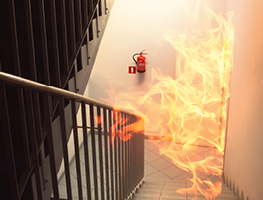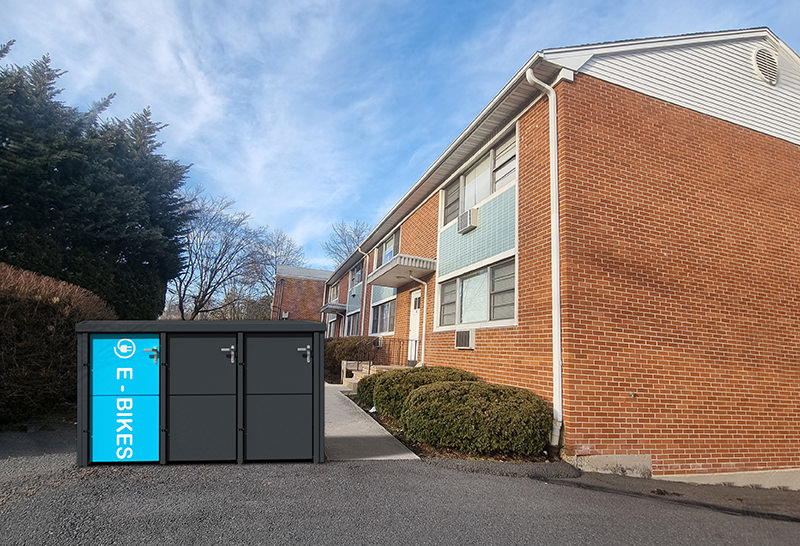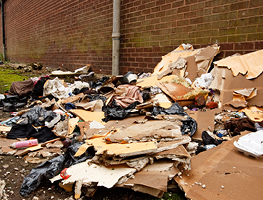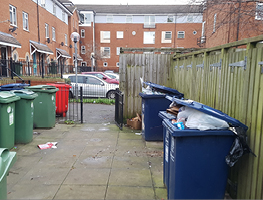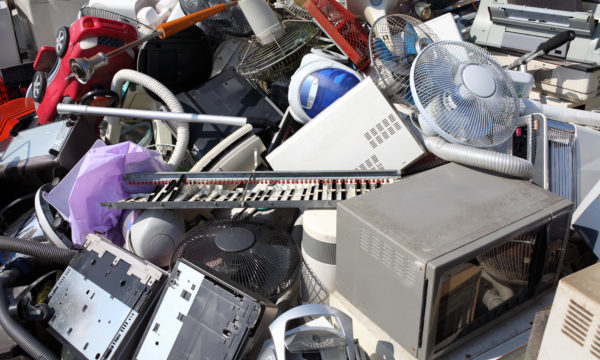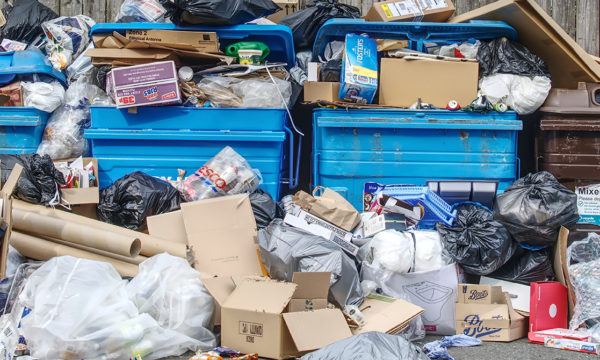Formulated by the prominent charity and campaign group, Electrical Safety First (ESF), a significant legislative proposal, named The Safety of Electric-Powered Micromobility Vehicles and Lithium-ion Batteries Bill, has been introduced in response to the alarming rise in fire incidents involving e-mobility devices in the UK. The proposed Bill was made available to MPs selected as part of Westminster’s annual Bill Ballot draw, which took place on the 16th November 2023.
Supported by The Fire Protection Association (FPA), the new Bill, if passed, aims to authorise significant regulatory changes for e-mobility devices, such as e-scooters and e-bikes. It will see the implementation of safety assurance by manufacturers, responsible disposal of lithium-ion batteries, and comprehensive fire safety for all e-mobility devices in the UK.
How Significant is this Issue?
The National Fire Chiefs Council and UK Fire and Rescue Services, as well as insurance companies like Zurich, have raised significant concerns over the last few years regarding the risks associated with the unsafe use of unregulated lithium-ion batteries and chargers.
Statistics demonstrate that fires caused by lithium-ion batteries in e-mobility devices have more than quadrupled since 2020, with 190 reported injuries and sadly 8 fatalities. The London Fire Brigade (LFB) now considers these to be the fastest growing fire-risk in the capital.
Following a surge of fire incidents in dustcarts and Household Waste Recycling Centres (HWRCs), lithium-batteries have also caused significant concern for waste management infrastructure in the UK. 700 fires were reported across 2022, all linked to the incorrect and unsafe disposal of devices containing lithium-ion batteries. According to the Environmental Services Association (ESA), close to 50% of all waste fires are now caused by lithium-ion batteries.
How Will the New Electrical Safety Bill Improve Safety?
Proposed solutions in the electrical safety bill to address these concerns follow 3 distinct clauses, including:
- Clause 1: Safety Assurance – From 31st August 2025, any e-mobility devices and lithium-ion batteries will be restricted from entering the UK market without a detailed assessment by a Conformity Assessment Body (CAB) approved and authorised by the government. Manufacturers of e-mobility devices and lithium-ion batteries will be required to provide both technical documentation and a declaration of compliance with the new regulations, with all products required to carry a CE or UKCA mark in order to demonstrate their compliance with the new standards.
- Clause 2: Responsible Disposal – Mandates the UK Government to implement new regulations regarding the safe disposal of lithium batteries. As part of this, manufacturers could be required to include information regarding the dangers of lithium batteries not in accordance with regulations, and display information regarding safe disposal.
- Clause 3: Comprehensive Fire Safety – Assigns responsibility to the UK Government to address fire-safety concerns by enhancing safe usage, charging, and storage practices for e-mobility devices. This will include setting specific safety standards for conversion kits and charging systems. All e-mobility devices will be required to have either a non-proprietary charging system with a communications protocol, or a proprietary charging system with a matched charger, with considerations made for a temporary ban on the sale of universal chargers that heighten fire risks.
Ultimately, The Safety of Electric-Powered Micromobility Vehicles and Lithium-ion Batteries Bill demonstrates a crucial step towards addressing the fire safety concerns surrounding e-mobility devices and unregulated lithium-ion batteries.
Safe Storage Solutions
In communal settings, to ensure safety for all residents, the primary solution for the storage of e-mobility devices are secure external facilities. Designed for installation in accessible external locations without compromising fire safety guidelines, metroSTOR has developed a range of secure external storage and charging facilities for e-mobility devices, responding to the fire risks surrounding e-mobility devices stored within dwellings. These provide safe, secure, fire-resistant external enclosures, with a stylish design modular in series and configurable for specification.
For lithium-ion batteries and devices that have reached the end of their service life, they must be recycled rather than disposed of in regular waste streams and sent to landfill. Damaged batteries should be removed and placed in a sealed container before disposal, and removed from combustibles. When lithium-ion batteries need to be transported to a disposal point or HWRC, they should be properly packaged to ensure that they cannot be damaged in transit.
Compatible with metroSTOR PBM Bin Housings, metroSTOR has also developed a specific battery recycling aperture. The dedicated disposal point ensures the separation of small to medium-sized devices within the housing, where items can then be collected and transferred to an approved authorised treatment facility (AATF). Separate battery deposit boxes can also be specified on the metroSTOR FX bin housing range.
